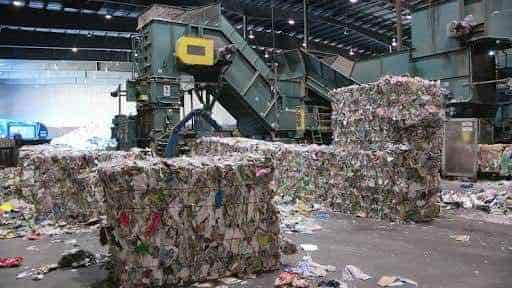In the present quickly growing professional landscape, reference optimization has surfaced as a crucial focus for sustainable growth and working efficiency. Recycling Company (Återvinning Företag), extended recognized for the environmental advantages, has become being embraced as an ideal driver that drives resource optimization within industries. By developing recycling functions to their procedures, businesses not just minimize waste but additionally improve substance performance, lower prices, and support rounded economy principles.

At their key, recycling turns spend materials in to valuable inputs for production, minimizing the dependence on virgin resources. That shift is essential in industries wherever fresh material scarcity and cost volatility create significant challenges. For instance, materials, pockets, and report services and products recovered through recycling programs can be reprocessed and recycled, lowering the necessity for extensive mining, recording, or petrochemical extraction. The end result is just a more secure supply string and diminished contact with varying product markets.
Beyond offer cycle stability, recycling fosters significant cost savings. Procuring recycled resources is often more economical than sourcing new organic materials, particularly when factoring in the expenses tied to removal, transport, and processing. Moreover, recycling assists companies minimize waste removal fees and regulatory penalties connected with landfill use. In some cases, agencies will even make revenue by offering recyclable by-products, turning that which was after considered waste in to a profit center.
Resource optimization through recycling also improves power efficiency. Manufacturing items from recycled resources an average of involves less energy than producing things from fresh resources. Like, producing aluminum from recycled scrap eats around 95% less power in comparison to primary production. That decrease in energy need directly adds to lower greenhouse gasoline emissions, aiming industrial operations with world wide sustainability objectives and corporate social duty commitments.
Furthermore, recycling promotes development within industries by encouraging the progress of new systems and processes to raised retrieve and recycle materials. Advanced organizing techniques, chemical recycling practices, and closed-loop manufacturing are reshaping conventional creation solutions to prioritize resource conservation. Such innovations allow companies to accomplish higher substance produces and minimize environmental footprints, positioning them well in a significantly eco-conscious marketplace.
In summary, recycling acts as a powerful driver for resource optimization in industries. It provides a multifaceted method of enhancing product efficiency, lowering functional expenses, conserving energy, and fostering sustainable development. As industries carry on to handle increasing environmental and economic difficulties, adopting recycling-centered strategies is likely to be crucial to unlocking long-term value and building tough, future-ready operations. By seeing recycling not just as waste management but as a proper asset, businesses can create a more sustainable industrial environment for ages to come.
